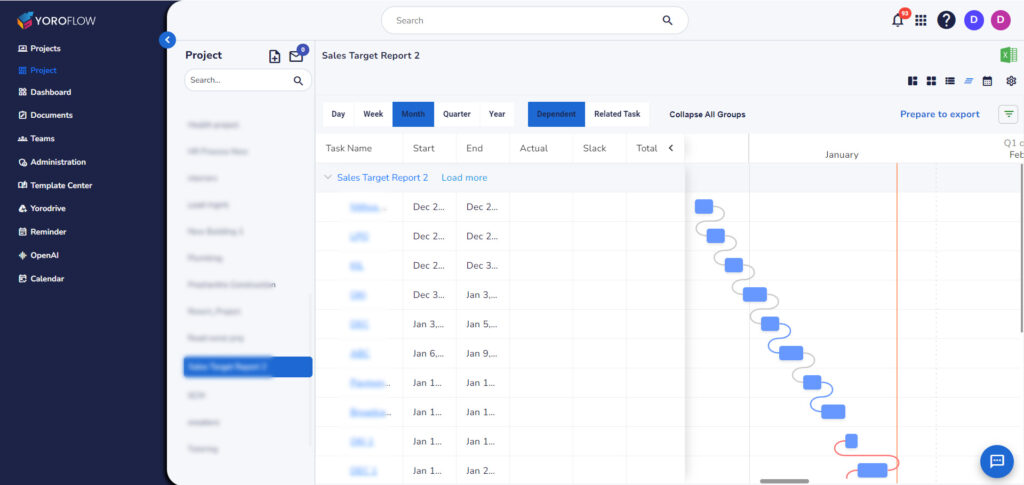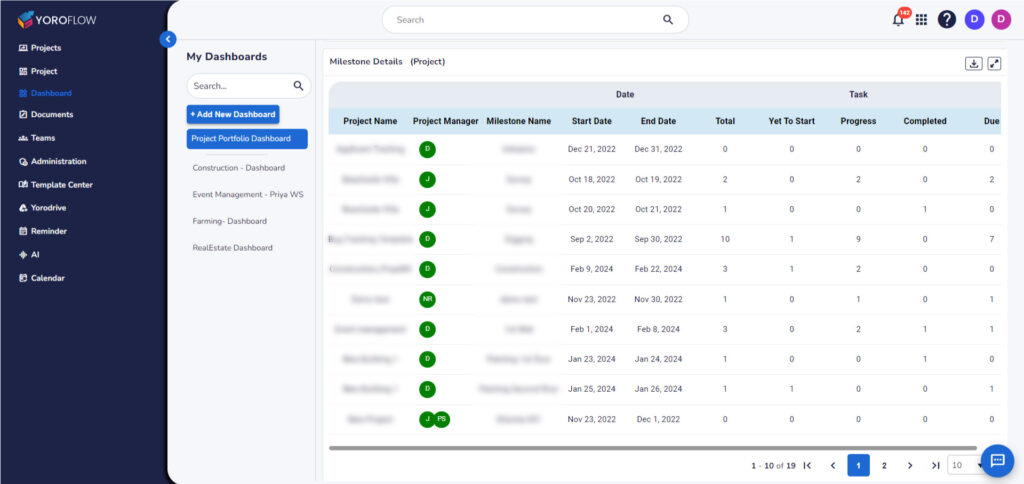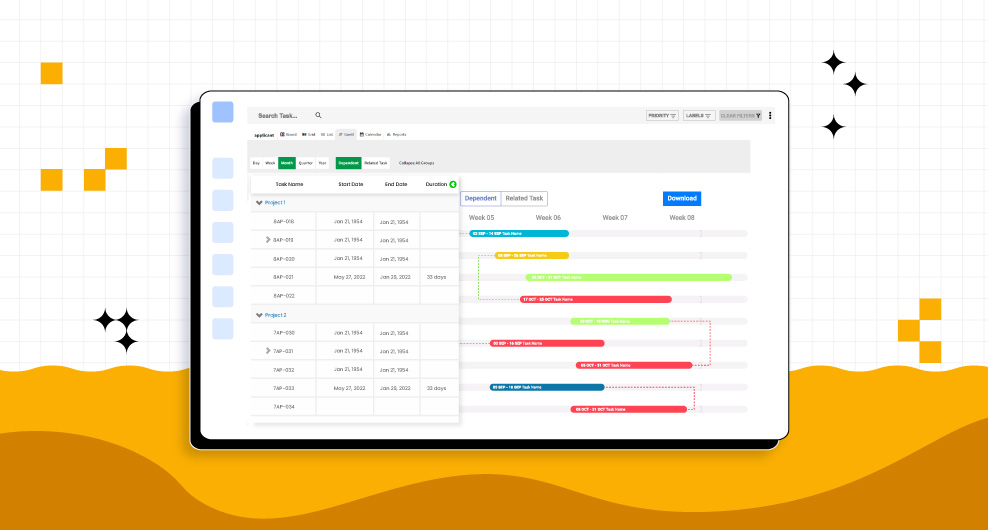Table of Contents
Project management is a complex endeavor that requires careful planning, execution, and monitoring to ensure success. At the heart of any project are its milestones – key points that mark significant achievements or stages in the project lifecycle. Understanding and managing these milestones is crucial for keeping a project on track and delivering results.
In this article, we will delve into the importance of project milestones, how they relate to project management, and the tools and methodologies that can help you effectively manage them.
The importance of project milestones
Project milestones serve several critical functions in project management:
- Tracking Progress: Milestones provide clear markers of progress, allowing teams to gauge how well they are meeting their objectives.
- Deadline Management: By setting milestones, project managers can establish deadlines for key deliverables, helping to keep the project on schedule.
- Risk Identification: Milestones can also serve as checkpoints for identifying potential risks or issues early in the project, allowing for timely mitigation strategies.
- Stakeholder Communication: Milestones provide a common language for communicating project progress to stakeholders, ensuring everyone is on the same page.
Project milestones and the project lifecycle
Project milestones are closely tied to the project lifecycle, which typically consists of several phases, including initiation, planning, execution, monitoring, and closure. Each phase is marked by specific milestones that indicate the completion of key deliverables or the achievement of critical objectives. For example, in the planning phase, milestones may include completing a project plan, securing resources, and obtaining stakeholder approval.
Agile methodology and project milestones
In Agile project management, project milestones are often tied to iterations or sprints, which are short, time-boxed periods during which specific tasks are completed. Agile teams use tools like Kanban boards to visualize workflow and track progress towards milestones. By breaking the project down into smaller, manageable chunks, Agile teams can quickly adapt to changing requirements and deliver value to stakeholders more frequently.
Managing project dependencies and timeline
Project milestones are also essential for managing project dependencies, which are the relationships between tasks that determine the project’s overall timeline. By identifying and tracking dependencies, project managers can ensure that tasks are completed in the correct sequence and that delays in one task do not impact the entire project.
Tools for managing project milestones
Several tools and software are available to help manage project milestones effectively. Project management software such as Yoroproject, Trello, and Microsoft Project allows teams to create and track milestones, assign tasks, and collaborate with team members. These tools often include features like Gantt charts, which visualize project timelines, and Kanban boards, which help teams manage workflow.

Why Yoroproject is best tool to manage project milestones
Yoroproject stands out as an exceptional tool for managing project milestones due to its comprehensive features and user-friendly interface, making it an ideal choice for teams looking to streamline their project management processes. Here’s a more detailed look at why Yoroproject is considered the best tool for managing project milestones:
- Task Management: Yoroproject allows users to create tasks and subtasks, assign them to team members, and set due dates. This granular level of task management enables teams to break down complex projects into smaller, more manageable components, each with its own milestone.
- Milestone Tracking: Yoroproject’s milestone feature enables users to designate specific tasks as milestones, indicating key achievements or stages in the project. Milestones can be easily identified in Yoroproject’s project view, providing a clear roadmap of the project’s progress.

- Timeline View: Yoroproject offers a Timeline view, which provides a visual representation of tasks and milestones over time. This feature allows project managers to easily visualize the project timeline, identify dependencies, and ensure that milestones are achieved on schedule.
- Dependencies: Yoroproject allows users to create task dependencies, ensuring that tasks are completed in the correct sequence. This feature is essential for managing project milestones, as it helps prevent delays and ensures that milestones are achieved in the right order.
- Collaboration Features: Yoroproject includes robust collaboration features, such as comments, file attachments, and task assignments. These features facilitate communication among team members, ensuring that everyone is informed about project milestones and their respective responsibilities.
- Integration with Other Tools: Yoroproject integrates seamlessly with a wide range of other tools and platforms, including Slack, Google Drive, and Microsoft Teams. This integration streamlines workflows and ensures that project milestones are communicated effectively across different channels.
- Customizable Workflows: Yoroproject allows users to create custom workflows to suit their specific project management needs. Whether following Agile, Waterfall, or another methodology, Yoroproject’s flexibility makes it easy to adapt to different project management approaches.
- Reporting and Analytics: Yoroproject provides robust reporting and analytics capabilities, allowing teams to track progress, identify bottlenecks, and make data-driven decisions. This feature is particularly useful for monitoring project milestones and ensuring that the project stays on track.
Overall, Yoroproject‘s combination of task management, milestone tracking, collaboration features, integration capabilities, customizable workflows, and reporting tools make it the best choice for managing project milestones effectively.
Finally
Project milestones are essential elements of successful project management, providing clear goals and markers of progress throughout the project lifecycle. By understanding the importance of milestones and using the right tools and methodologies, project managers can effectively manage projects, deliver results, and keep stakeholders informed and satisfied.




